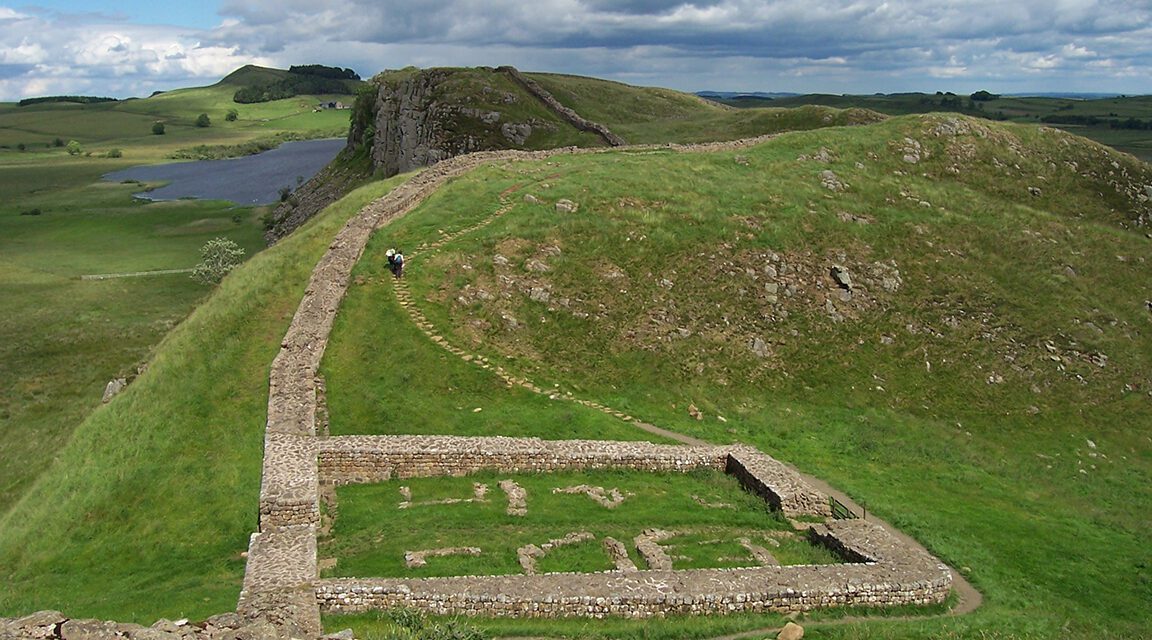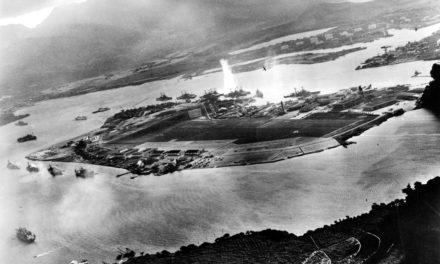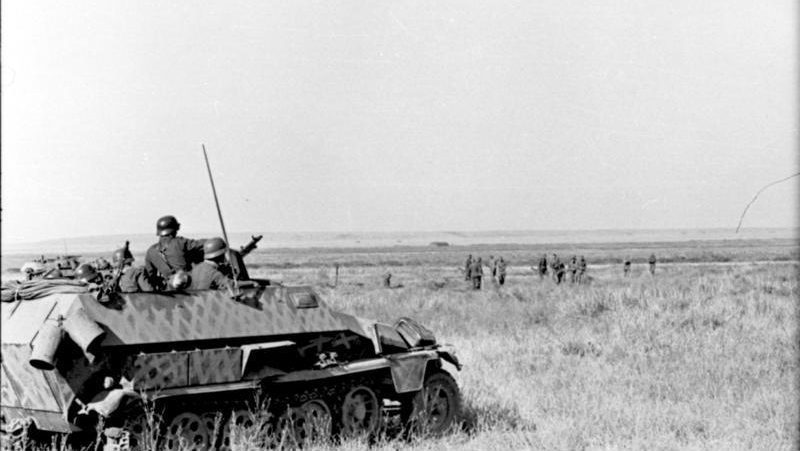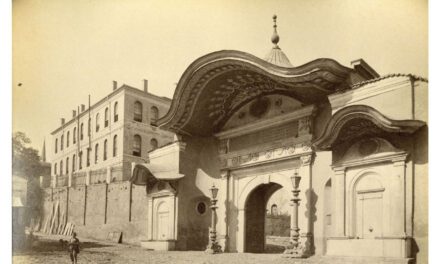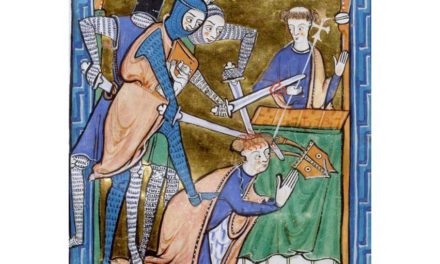History Guild General History Quiz 138
See how your history knowledge stacks up!
Want to know more about any of the questions? Once you’ve finished the quiz click here to learn more.
Have an idea for a question? Suggest it here and we’ll include it in a future quiz!
The stories behind the questions
1. Which Roman emperor ordered the construction of a wall across the width of Northern Britain in 121 CE?
Hadrian – Hadrian’s Wall marked the boundary between Roman Britannia and unconquered Caledonia to the north. Commissioned by Emperor Hadrian, it stretches 117km from Wallsend on the River Tyne in the east to Bowness-on-Solway in the west.
2. In 1898 the USS Maine exploded and sunk, leading to the Spanish American war. Where did she sink?
Havana – Sent to Havana to protect U.S. interests during the Cuban War of Independence, USS Maine exploded and sank on the evening of 15th February 1898. The US press claimed that the Spanish were responsible, despite there being no evidence of this. A 1974 US investigation concluded that the ship was most likely sunk due to the ignition of flammable gasses released by the bituminous coal in its coal bunkers.
3. What did the Sykes-Picot agreement determine?
The division of former Ottoman Empire territory – A 1916 secret treaty between the United Kingdom and France, with assent from the Russian Empire and the Kingdom of Italy, defined spheres of influence in the partition of the Ottoman Empire.
4. Which was the first country to allow all adult women to vote?
New Zealand – 1893
Finland – 1906
Sweden – 1921
United Kingdom – 1928
5. The Māori language is derived from which language family?
Austronesian – Around 3000 BCE, Austronesian-speaking peoples left Taiwan, eventually settling in Southeast Asia, Oceania, and Madagascar. The Austronesian speaking peoples who settled in New Zealand developed the Māori language.
6. Who is the only person to have been awarded both the Nobel Peace Prize and the US Medal of Honor?
Theodore Roosevelt – He was awarded the Peace Prize for having negotiated peace in the Russo-Japanese war in 1904-5. His Medal of Honor was earnt in 1898 during the Spanish-American War. At the beginning of the war Roosevelt resigned from his post as Assistant Secretary of the Navy and helped form the First U.S. Volunteer Cavalry Regiment, in which he became a Colonel. The Medal of Honor was awarded in 2001 after a re-examination of his actions in leading a successful charge up Kettle Hill, part of the Battle for the San Juan Heights.
7. The 2010 Arab Spring revolutions began in which country?
Tunisia – The Arab Spring was a revolutionary wave of both violent and non-violent demonstrations, protests, riots, coups, and civil wars in North Africa and the Middle East that began in 2010 with the Tunisian Revolution.
8. Which conflict did Harriet Tubman take part in?
The US Civil War – A soldier and spy for the Union Army during the Civil War, Tubman lead men of the 2nd South Carolina Infantry Division in the Combahee Ferry Raid. This action destroyed confederate rice plantations and freed over 700 enslaved people.
9. Where was Charles I’s headquarters during the English Civil War?
Oxford – In 1642 Charles I fled London and set up his base of operations in Oxford, where it remained until Oxford fell to Parliamentary forces in 1646. These forces retained Westminster as their headquarters.
10. What task were the first commercial steam engines designed to do?
Pumping water – The first commercial steam-powered device was a water pump developed in 1698 by Thomas Savery. It was designed to pump water out of mines.

